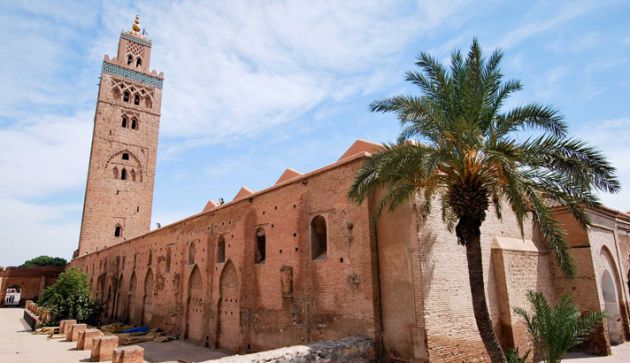World churches leader hails Muslim scholars' declaration on religious minorities' rights

GENEVA - World Council of Churches general secretary Rev. Olav Fykse Tveit has praised the release of the Marrakesh Declaration on the Rights of Religious Minorities in Predominantly Muslim Majority Communities.wcc
"This is a very timely and significant text with an important message for us all," said Tveit in a Feb. 1 statement released in Geneva, Switzerland.
The document was released by hundreds of Muslim scholars and intellectuals from more than 120 countries, along with representatives of Islamic and international organizations.
It included leaders from diverse religious groups and nationalities who attended a Jan. 25-27 conference in Marrakesh, Morocco.
"With this declaration, Muslim leaders are showing the way toward a future of living together on a shared platform of equal rights, mutual care and respect," Tveit noted.
The conference marked the 1,400th anniversary of the Charter of Medina, a constitutional contract between the Prophet Muhammad and the people of Medina which guaranteed the religious liberty of all, regardless of faith.
The Marrakesh Declaration notes that, "conditions in various parts of the Muslim World have deteriorated dangerously due to the use of violence and armed struggle as a tool for settling conflicts and imposing one's point of view."
It voices the participants' "firm commitment to the principles articulated in the Charter of Medina."
Its "provisions contained a number of the principles of constitutional contractual citizenship, such as freedom of movement, property ownership, mutual solidarity and defense, as well as principles of justice and equality before the law."
The declaration says, "The objectives of the Charter of Medina provide a suitable framework for national constitutions in countries with Muslim majorities, and the United Nations Charter and related documents, such as the Universal Declaration of Human Rights, are in harmony with the Charter of Medina, including consideration for public order."
The conference was held under the auspices of King Mohammed VI of Morocco.
It was organized jointly by the Ministry of Endowment and Islamic Affairs in the Kingdom of Morocco and the Forum for Promoting Peace in Muslim Societies based in the United Arab Emirates.